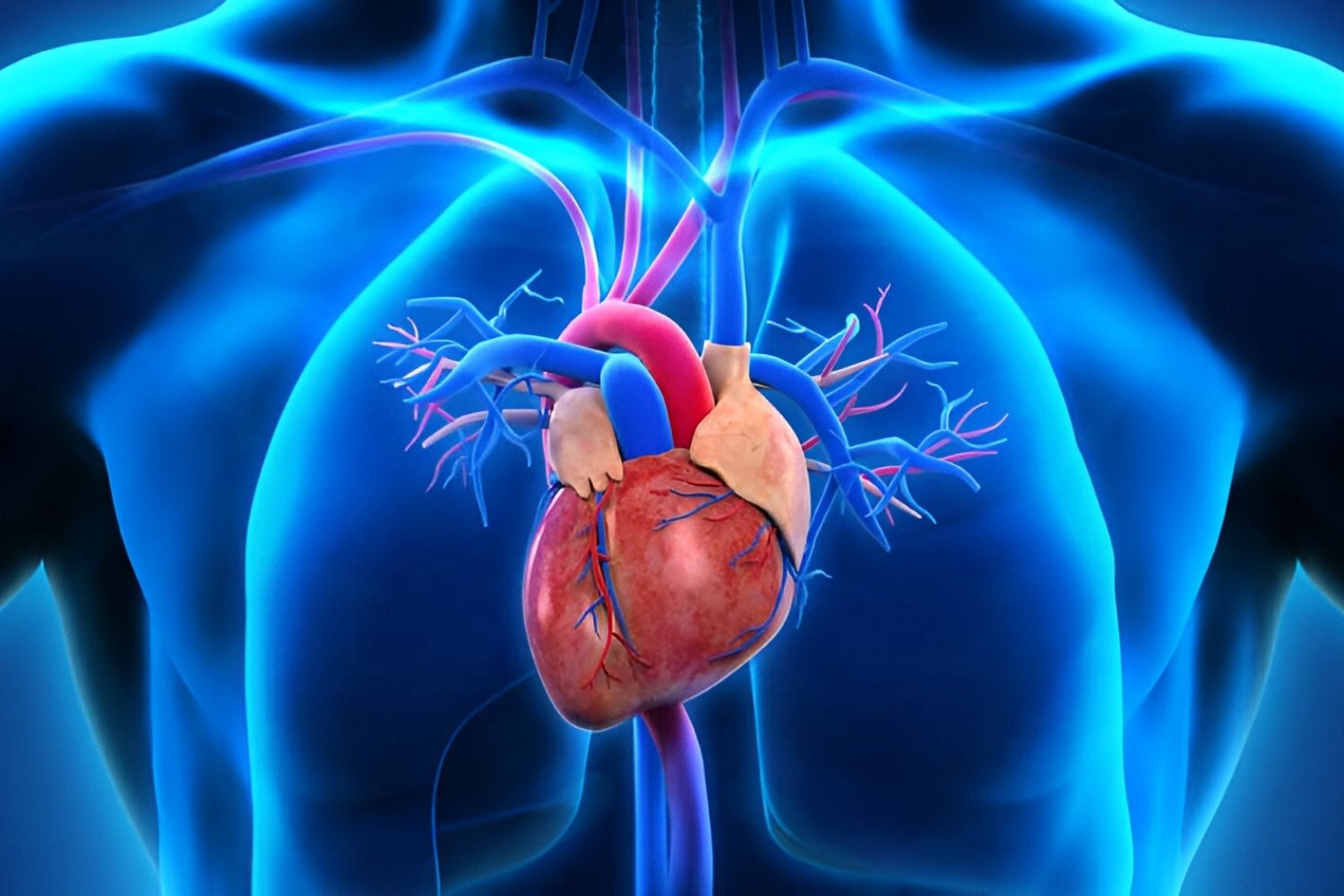
Hypertrophic Cardiomyopathy (HCM) is a heart condition where the heart muscle becomes abnormally thick. This thickening can make it harder for the heart to pump blood. HCM can affect people of any age and is often inherited. Symptoms might include chest pain, shortness of breath, or even fainting. Some people with HCM may not show any symptoms at all. It's important to understand this condition because it can lead to serious complications like heart failure or sudden cardiac arrest. Knowing the facts about Hypertrophic Cardiomyopathy can help in managing the condition better and improving quality of life.
Key Takeaways:
- Hypertrophic Cardiomyopathy is a heart condition that can be inherited and affects about 1 in 500 people worldwide. It can cause symptoms like chest pain and fainting, but some people may have no symptoms at all.
- Lifestyle changes, medications, and surgical procedures are available to manage Hypertrophic Cardiomyopathy. Regular exercise, a heart-healthy diet, and stress management techniques can improve overall well-being for those living with the condition.
What is Hypertrophic Cardiomyopathy?
Hypertrophic Cardiomyopathy (HCM) is a condition where the heart muscle becomes abnormally thick. This thickening can make it harder for the heart to pump blood. Let's dive into some fascinating facts about HCM.
- HCM is often inherited. If one parent has it, there's a 50% chance their child will too.
- It affects about 1 in 500 people worldwide.
- The condition can develop at any age, but symptoms often appear in adolescence or early adulthood.
- HCM is the most common cause of sudden cardiac death in young athletes.
- The thickened heart muscle can obstruct blood flow, leading to serious complications.
- Symptoms can include chest pain, shortness of breath, and fainting.
- Some people with HCM have no symptoms and live normal lives.
- An echocardiogram is the primary tool for diagnosing HCM.
- Genetic testing can identify mutations linked to HCM.
- Beta-blockers are often prescribed to manage symptoms.
Causes and Risk Factors
Understanding what causes HCM and the risk factors involved can help in managing the condition better.
- Mutations in genes that encode heart muscle proteins are the primary cause.
- Over 1,400 mutations in 11 or more genes have been linked to HCM.
- Family history is a significant risk factor.
- High blood pressure can exacerbate the condition.
- Athletes are at higher risk due to the increased strain on their hearts.
- Diabetes and thyroid disorders can also contribute to HCM.
- Excessive alcohol consumption may worsen symptoms.
- Obesity increases the risk of developing HCM.
- Smoking can aggravate heart conditions, including HCM.
- Stress and anxiety can trigger symptoms in those with HCM.
Symptoms and Diagnosis
Recognizing the symptoms and knowing how HCM is diagnosed can lead to early treatment and better outcomes.
- Common symptoms include palpitations and dizziness.
- Some people experience swelling in their legs and ankles.
- Fatigue is a frequent complaint among those with HCM.
- Sudden fainting spells can be a warning sign.
- A heart murmur is often detected during a physical exam.
- Electrocardiograms (ECGs) can reveal abnormal heart rhythms.
- Cardiac MRI provides detailed images of the heart structure.
- Holter monitors track heart activity over 24-48 hours.
- Stress tests assess how the heart performs under physical exertion.
- Genetic counseling is recommended for families with a history of HCM.
Treatment Options
Various treatments are available to manage HCM, ranging from lifestyle changes to surgical interventions.
- Lifestyle modifications include avoiding intense physical activity.
- Medications like calcium channel blockers help relax the heart muscle.
- Antiarrhythmic drugs control irregular heartbeats.
- Septal myectomy is a surgical procedure to remove part of the thickened heart muscle.
- Alcohol septal ablation is a less invasive alternative to surgery.
- Implantable cardioverter-defibrillators (ICDs) prevent sudden cardiac death.
- Pacemakers help regulate heartbeats in some patients.
- Regular follow-ups with a cardiologist are crucial.
- Genetic testing for family members can guide preventive measures.
- Participation in support groups can provide emotional relief.
Living with Hypertrophic Cardiomyopathy
Managing daily life with HCM involves understanding the condition and making necessary adjustments.
- Regular exercise is important but should be moderate.
- A heart-healthy diet can improve overall well-being.
- Avoiding alcohol and caffeine can reduce symptoms.
- Stress management techniques like yoga and meditation are beneficial.
- Patients should carry medical identification indicating their condition.
- Travel plans should include considerations for medical care.
- Vaccinations, especially for flu and pneumonia, are recommended.
- Regular check-ups are essential for monitoring the condition.
- Family members should be educated about HCM.
- Advances in research offer hope for better treatments in the future.
Final Thoughts on Hypertrophic Cardiomyopathy
Hypertrophic Cardiomyopathy (HCM) is a complex heart condition that affects many people worldwide. Understanding HCM can help in managing symptoms and improving quality of life. Regular check-ups, lifestyle changes, and medications play a crucial role in treatment. Genetic testing can also provide valuable insights for families with a history of HCM.
Awareness and education about HCM are essential for early diagnosis and effective management. If you or someone you know shows symptoms like shortness of breath, chest pain, or fainting, consult a healthcare professional.
Staying informed and proactive can make a significant difference. Remember, knowledge is power when dealing with any health condition. Stay heart-healthy and keep learning about HCM to better navigate this journey.
Frequently Asked Questions
Was this page helpful?
Our commitment to delivering trustworthy and engaging content is at the heart of what we do. Each fact on our site is contributed by real users like you, bringing a wealth of diverse insights and information. To ensure the highest standards of accuracy and reliability, our dedicated editors meticulously review each submission. This process guarantees that the facts we share are not only fascinating but also credible. Trust in our commitment to quality and authenticity as you explore and learn with us.
